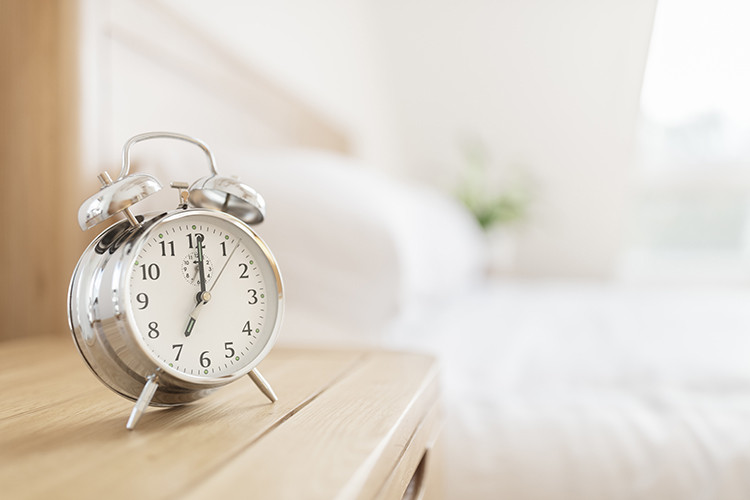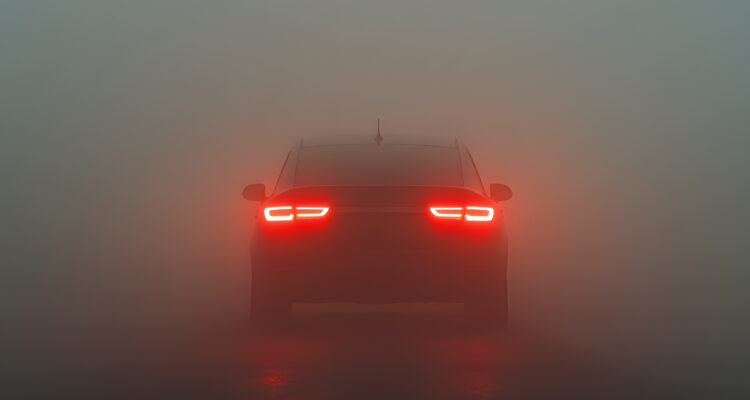As the clocks go forward, it’s essential to adjust our routines and habits. This ensures safety on the roads. Taking care on the roads as the clocks go forward becomes even more crucial. The change in daylight can affect visibility and our overall alertness.
But we all groan at the prospect of an hour’s less sleep. And then the mornings, which were getting a bit lighter, are suddenly darker again. We now have to accept that it’s 7am when it’s still 6am in our heads….and that can mean dragging ourselves out of bed and heading off to work in the dark.
But aside from making us a bit grumpy, a study from the US has shown that the week following the ‘spring forward’ clock change is associated with a 6% increase in fatal traffic accidents. They analysed over 700,000 fatal motor vehicle accidents over a 20 year period to see a consistent increase in the week after daylight saving changes.
Why would this be?
It’s probably a combination of morning grogginess as we force our body clock into a slightly new rhythm, coupled with driving to work in the dark again. But interestingly, whilst the risk increased mainly in the morning, it was also elevated in the afternoon, despite longer daylight hours, suggesting it was the change in our normal circadian rhythm that was the main culprit.
Sleep is vital
Forcing ourselves to wake up with an alarm, rather than naturally, deprives our body of much-needed sleep. Sleep is more than just a ‘switch-off’. It is a carefully orchestrated programme of brain activity that helps us process memory, emotions, and creative thought. The value of sleep is hugely under-estimated. Most of us really do need 7-8 hours, whether we think we do or not. Insufficient sleep can lead to mood changes, weight gain, and risk of health problems like heart disease and diabetes. It also increases the risk of accidents on the road.

So, when the clocks go forward this spring, be prepared. Plan your week to get to bed an hour earlier than usual. This way, you are ready to wake up, rather than being jolted out of deep sleep by your alarm. Avoid alcohol, sleeping tablets, and sedating cold remedies or other drugs. These can make morning drowsiness worse. A coffee can help perk you up before you head off. Leave yourself enough time for that, without rushing once you get behind the wheel. Not only will it protect you, but motor vehicle accidents will put extra pressure on the NHS. This is pressure it can do without at this difficult time.
Ref – A Chronobiological Evaluation of the Acute Effects of Daylight Saving Time on Traffic Accident Risk. Josef Fritz, Trang VoPham, Kenneth P. Wright Jr., Céline Vetter. Current Biology January 2020
If you’re looking for some healthy Springtime recipe inspiration, check out these dishes!
Get a car insurance quote from Vavista today!



